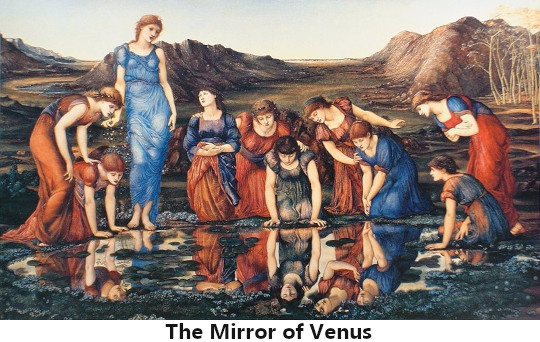Alfred Hitchcock? François Truffaut? Grace Kelly? Sam Mendes?
Question for Quote Investigator: Director Alfred Hitchcock was a master of suspense and horror. For decades his filmmaking techniques have been closely studied by other directors, screenwriters, and critics. One observer uncovered a disquieting connection between Hitchcock’s portrayal of homicide and intimacy:
The murder scenes are filmed like love scenes, and the love scenes are filmed like murder scenes.
This assertion has been attributed to fellow director François Truffaut, popular actress Grace Kelly, and Alfred Hitchcock himself. Would you please explore this topic?
Reply from Quote Investigator: In 1974 a gala honoring Hitchcock was held at the Lincoln Center in New York. A series of film scenes from Hitchcock were shown to attendees during the evening. The clips were arranged into different categories, e.g., chase, love, suspense, catastrophe, and murder. When François Truffaut saw those extracts he developed his thesis connecting scenes of mayhem and amour. In May 1976 the Canadian film magazine “Take One” published a piece by Truffaut. Boldface added to excerpts by QI:1
What struck me that evening while reseeing all of these little bits of films I know by heart (isolated from their context and put together for a single evening) was the simultaneous sincerity and savagery of the Hitchcockian oeuvre. I realized that all the love scenes had been shot like murder scenes, and all the murder scenes like love scenes.
Below are additional selected citations in chronological order.
Continue reading “Quote Origin: All the Love Scenes Had Been Shot Like Murder Scenes, and All the Murder Scenes Like Love Scenes”




